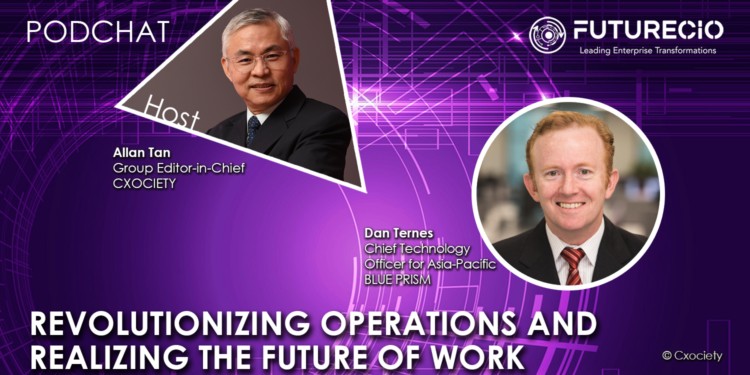By 2022, IDC predicts that 75% of enterprises will embed intelligent automation into technology and process development, using AI-based software to discover operational and experiential insights that will guide innovation. Over the next few years, IDC researchers expect to spend on AI-enabled RPA to outpace that of non-AI-enabled RPA.
Robotics Process Automation (RPA) is a rapidly expanding technology that has been hailed as a game-changer by COOs and CIOs in industries from financial services to media to energy production.
According to the Boston Consulting Group (BCG), RPA super-charges the ability of simple processes to drive real competitive advantage and is one part of the broader automation ecosystem discussed in this report.
Dan Ternes, chief technology officer for Asia-Pacific with Blue Prism, points out that RPA is not an exclusive domain of the finance function. “It (RPA) is a horizontal technology. It applies to finance. It applies to the call centre. It applies to back-office functions,” he countered.
Click on the PodChat player to listen to Ternes describe the future use cases of RPA and the added value that artificial intelligence brings to the RPA.
- In the context of the finance function what is RPA?
- How has RPA changed how work is performed?
- How will AI and/or machine learning transform automation?
- How does this transformation impact the workplace?
b. Do you see even greater concern by the workforce around an AI-powered automation tool (as compared to plain-vanilla RPA and automation tools)?
- Is adopting an AI in the workplace a simple matter of introducing the new tools? (please elaborate)
- Can you cite use cases?
- If an organization is already using RPA tools, how will they approach introducing smart RPA tools?
- Any precautions/considerations to take in deciding what tools to keep, acquire or integrate?
- What does the future of an AI-enabled workplace look like?
- At what point, do you anticipate this to be the norm rather than exception?




